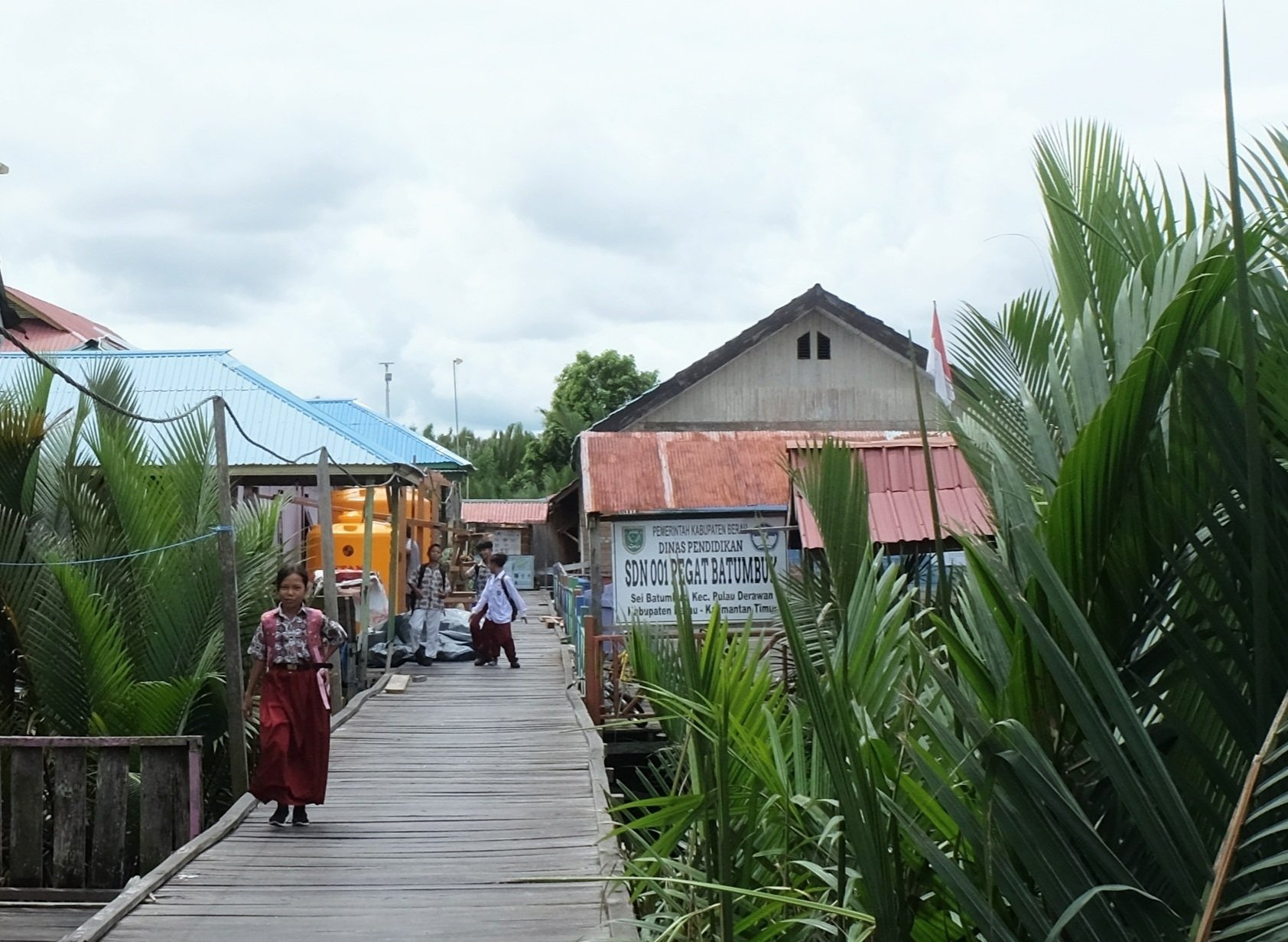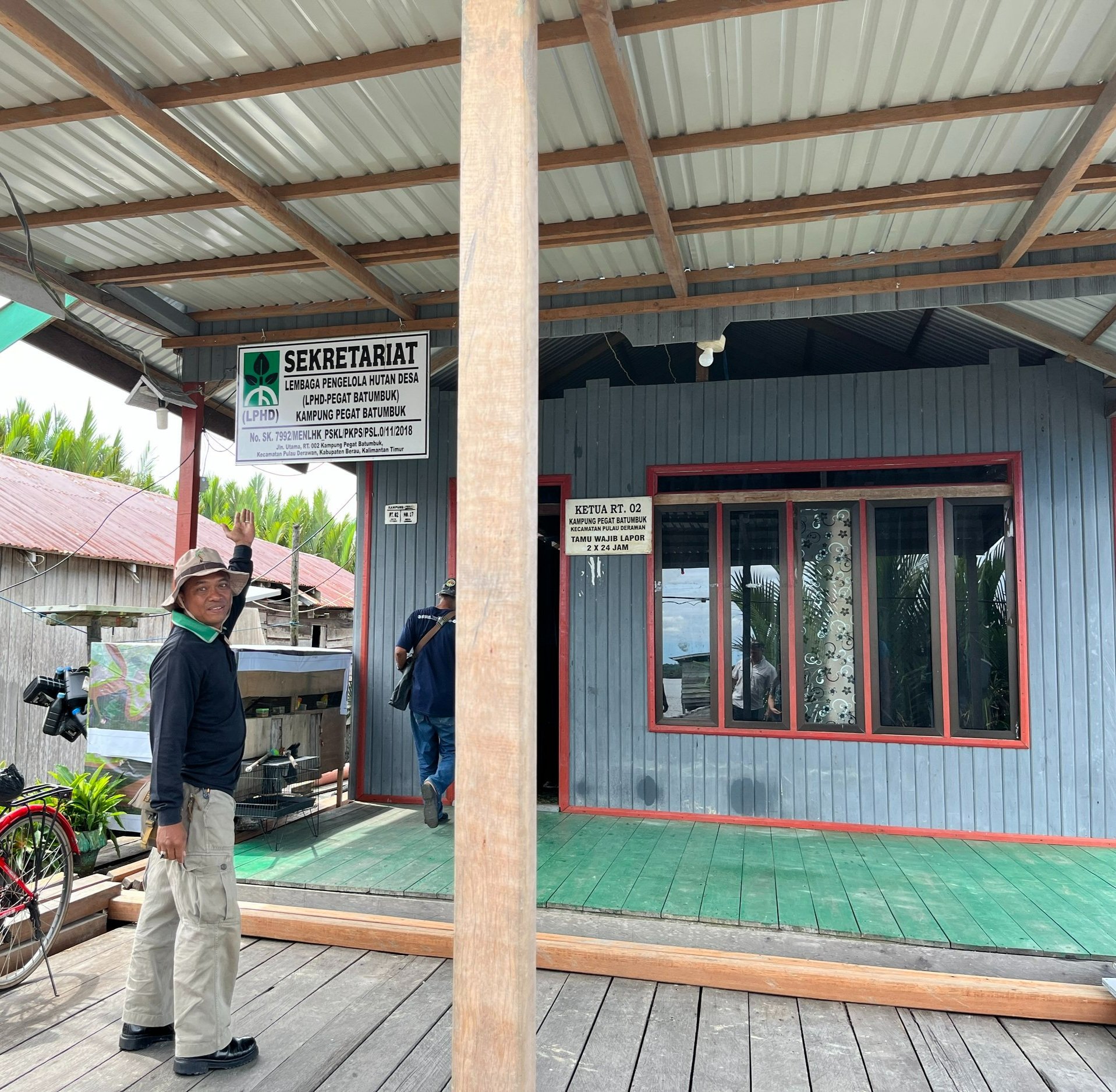
GFC’s Investment Strategy
At Global Frontier Capital (GFC), the Fund’s investment strategy is to identify and develop nature-based carbon projects that can generate high-quality carbon credits.
It is our goal for the Fund’s investors to be proud of the benefits their investments generate for the global climate and the local communities and environment, while at the same time potentially earning a healthy return on their investments.
The Fund’s investors can choose to obtain carbon credits for their own use, or for the purpose of reselling based on their investments. Alternatively, they can elect to receive cash returns when the fund sells generated credits to the broader market.
Our investment approach emphasizes:
Project origination - identify potential projects that have a high likelihood of generating carbon credits using the verified carbon standard with a proven and repeatable due diligence process.
Project development - develop identified projects with a focus on effective project design, maximizing verified carbon unit production, and efficient monitoring processes.
Carbon credit certification - third-party certification through VERRA of the carbon credits to ensure high-quality carbon credits and returns for investors.
Our focus on high-quality credits serves to mitigate reputational and potentially compliance risks for the Fund’s investors and credit buyers. Through deep due-diligence and years of experience we have ensured that the Fund’s carbon credits are in line with the quality criteria listed below:
Additionality: a carbon credit needs to represent a real, quantifiable reduction in emission or removal of a ton of carbon dioxide that would not have occurred without the incentive created by carbon credit revenue;
Permanence: the reduction or removal should be as nearly permanent as possible to minimize the risk of being reversed and the positive impact being neutralized; and
No harm: the underlying activity should not contribute to social or environmental harm, and instead should have significant co-benefits, such as increasing biodiversity or alleviating poverty in local regions.



